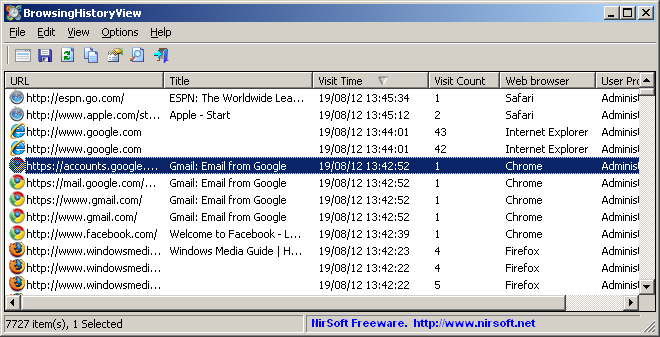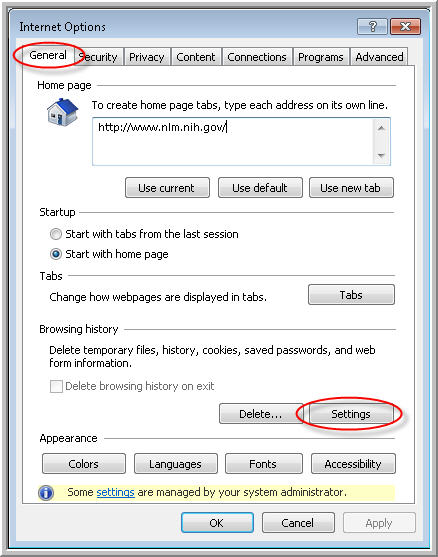

Some users regard this function as helpful. It could help the user to notice browsing trends, time distribution, and most frequently used websites. Personal web library is created by collecting and analyzing the web browsing history of the user. Web browsing history could also be used to create personal web libraries. When a user visits more sites, the likelihood of requesting extra pages reduces. When a user browses extensively on one site, the probability of requesting an additional page decreases. Web browsing history could be used to facilitate research, such as revealing the browsing behavior of people. When using personalized pricing, profit of firms could increase 12.99% compared to status quo cases. Web browsing history could give reliable predictions on the purchasing behaviors of users. Personalized pricing is based on the idea that if a user purchases a certain product frequently or pays a higher price for that product, the user could be charged a higher price for this product. This could help protect privacy and tracking efficiency, but would lead to extra cost. Meanwhile, users could receive monetary rewards for sharing their personal information. Users could decide whether to provide their personal information to the broker, and then the broker would send the personal information offered by users to advertisers. A broker exists between users and advertisers. To solve the conflicts between privacy and profits, one newly proposed system is pay-per-tracking.

Meanwhile, when the user considers the website as reliable, it is more possible for them to click through the link and accept the personalization service. This will decrease one's intention of clicking through the link. However, if the user is not informed about information collection, one would be more concerned with privacy. If the user already knows that the information is being collected ahead of time, targeted advertisement could potentially create a positive effect, leading to a higher intention of clicking through the link. The response of the user towards targeted advertising depends on whether one knows the information is being collected. The user has very limited knowledge on how their information is collected, stored, and used.

Since it is a real-time process, information is usually collected without consent of the user and transferred in unencrypted form. The information of users, such as browsing history, is provided to all firms that are involved in the bidding. Therefore, more information about the users could encourage advertisers to pay higher prices. Advertisers decide how much they are willing to pay based on the target audience of the websites. It is a system that automatically bids up the price for presenting advertisements on certain websites. Real-time bidding(RTB) is the method used behind targeted advertising. One research shows that targeted advertising doubles the conversion rate of classical online advertising. A typical example is a user receiving advertisements on shoes when browsing other websites after searching for shoes on shopping websites. Targeted advertising means presenting the user with advertisements that are more relevant to one based on one's browsing history. īrowsing history is not recorded when using the private browsing mode provided by most browsers.
#BROWSE HISTORY INTERNET EXPLORER PORTABLE#
īrowser extensions such as History Trends Unlimited for Google Chrome (desktop version) allow the indefinite local storage of browsing history, exporting into a portable file, and self-analysis of browsing habits and statistics. An indefinite history file named Archived History was once recorded, but has been removed and automatically deleted in version 37, released in September 2014. Mozilla Firefox (desktop version) records history indefinitely by default inside a file named places.sqlite, but automatically erases the earliest history upon exhausted disk space, while Google Chrome (desktop version) stores history for ten weeks by default, automatically pruning earlier entries. The retention span of browsing history varies per internet browser. Browsers also utilize it to enable autocompletion in their address bar for quicker and more convenient navigation to frequently visited pages. Locally stored browsing history can facilitate rediscovering lost previously visited web pages of which one only has a vague memory in mind, or pages difficult to find due to being located within deep web.


 0 kommentar(er)
0 kommentar(er)
